Food Allergies in Dogs
If your dog is constantly itching, has recurring ear infections, or suffers from digestive issues, food allergies may be the cause. Dog food allergies are more common than many pet parents realize, and knowing the signs can help you take action early. Learn the most common food allergens in dogs, the symptoms of dog food allergies, and the best ways to manage them with diet.
What Are Food Allergies in Dogs?
A food allergy in dogs occurs when the immune system mistakenly identifies a particular ingredient as harmful and overreacts. This immune response triggers inflammation, itching, and sometimes gastrointestinal problems.
It’s important to note that dog food allergies are different from food intolerances. A food intolerance, like trouble digesting lactose, causes discomfort but does not involve the immune system. An allergy, however, is an immune reaction that requires long-term management.
Common Food Allergens for Dogs
While dogs can technically be allergic to any ingredient, certain proteins and carbohydrates are more likely to trigger a reaction. The most common dog food allergens include:
-
Beef
-
Chicken
-
Dairy products
-
Eggs
-
Soy
-
Wheat and other grains
These ingredients are often found in many commercial dog foods, which makes repeated exposure more likely to result in an allergy.
Symptoms of Food Allergies in Dogs
The symptoms of food allergies in dogs can vary, but there are some clear warning signs every pet parent should look for:
-
Chronic itching (especially around paws, ears, belly, and face)
-
Recurrent ear infections or constant head shaking
-
Skin redness, rashes, or hot spots
-
Excessive licking or chewing at paws
-
Hair loss or thinning coat
-
Vomiting or frequent diarrhea
-
Gas, bloating, or stomach upset
Because these signs can overlap with other issues, such as fleas, seasonal allergies, or yeast infections, it’s always best to consult your veterinarian for a proper diagnosis.
Best Foods for Dogs with Allergies
Once a food allergy is identified, the only effective treatment is avoiding the allergen completely. Some pet parents turn to limited-ingredient diets, novel protein diets, or raw and minimally processed foods to reduce exposure to problem ingredients.
Tips for choosing the best food for dogs with allergies:
-
Look for minimally processed foods with real, fresh ingredients (like raw diets) as these contain fewer potential allergens.
-
Consider foods with novel proteins your dog hasn’t eaten before, like duck, turkey, or pork.
-
Avoid fillers and artificial additives that may aggravate symptoms.
-
Read ingredient labels carefully—sometimes allergens are hidden in treats, toppers, or supplements.
-
Work closely with your vet to choose a diet that supports your dog’s skin, coat, and digestive health
A raw diet is an excellent choice for dogs dealing with food allergies. Steve’s Real Food formulas contain limited ingredients and only fresh, whole foods (no fillers or synthetic additives). Raw diets are rich in omega fatty acids that promote healthier skin and a shinier coat, and are easily digestible. Check out all our recipes and fetch 25% off your first purchase with code WOOF25.



